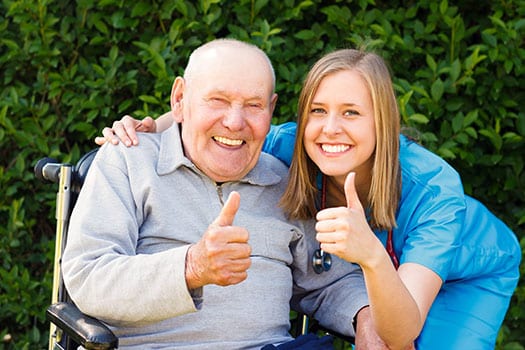The International Self-Care Foundation defines self-care as a framework around seven pillars.
- Health literacy – the capacity of individuals to obtain, process and understand basic health information and services needed to make appropriate health decisions.
- Mental Well being – knowing your body mass index (BMI), cholesterol level, and blood pressure; engaging in health screening.
- Physical activity – moderate physical activity, such as walking, cycling, or participating in sports at a desirable frequency.
- Healthy eating – having a nutritious, balanced diet with appropriate calorie intake levels.
- Risk avoidance or mitigation – quitting tobacco, limiting alcohol use, getting vaccinated, practicing safe sex, using sunscreens.
- Good hygiene – washing hands regularly, brushing teeth, washing food.
- Responsible use of self-care products and services – includes preventative health products, prescriptions and holistic medicines, wellness and health services.
It may be challenging and overwhelming when you are the caregiver for a loved one without support or community programs.
The Self-Care Day, on July 24th, symbolizes the benefits of self-care 24 hours a day, every day and not just for a single day. Having a designated day creates awareness and impacts the importance of self-care for our caregivers every day.
As a caregiver, you are doing the best you can, and it is essential to ensure that your mental and physical self is also in good standing.
Here are some self-care tips for our caregivers:
- Have a second caregiver or someone willing to help if you become ill and need a mental break.
- Reach out to support services that give you help with some daily tasks such as preparing nutritious meals, housekeeping, laundry and errands
- Make time to do something fun or that you love that is not related to caregiving that will bring you back more refreshed and able to care for your loved ones.

Self-Care Mentally and Physically
Mental Health
Your entire body, both physically and mentally, can manifest stress and understanding how stress affects you as a caregiver is critical.
Signs of mental stress are:
- Low energy
- Headaches
- Stomach and digestive issues that may include diarrhea, constipation and even nausea
- Restless sleep
- Aches and tense muscles
Please notice when you feel these signs of stress and what brought them on. When you know what situations create more pressure, preparing and coping with them is easier when they arise.
Physical Health
Improving your physical well-being will support your mental health. It is easier to maintain good mental habits when your body is strong and has a resilient foundation.
Invest in some form of exercise daily, whether a long walk or an aerobics or yoga class. When you exercise, your body produces stress-relieving hormones and improves overall health.
Eating vegetables, fresh fruit, and whole grain is vital to a healthy body. Healthy eating helps lower the risk of chronic diseases and stabilizes your energy levels and mood.
Nothing can replace a good night’s sleep. The general rule is 7 – 9 hours a night, but if that is not possible, try taking a brief 15 – 30-minute nap during the day. It will help you feel more alert.
Meditation with deep breathing, meditation and muscle relaxation techniques are easy, quick ways to reduce stress. When conflicts arise, these tools can help you feel less controlled by stressful feelings and give you the time to think clearly about what to do next.
Take time to Recharge
When you’re a caregiver for someone with an illness like mental illness, it may seem challenging to find time ‘me’ time, and when you do, you may feel distracted by what you think you should be doing. It is essential to find time for yourself without feeling you’re neglecting others.
Summary
Take small steps and consider what you enjoyed doing before becoming a caregiver. If having lunch with your friends every few weeks made you laugh and feel good, then put that back into your schedule.
Taking good care of anyone else is difficult if you’re not taking care of yourself first, so make time to care for yourself.



